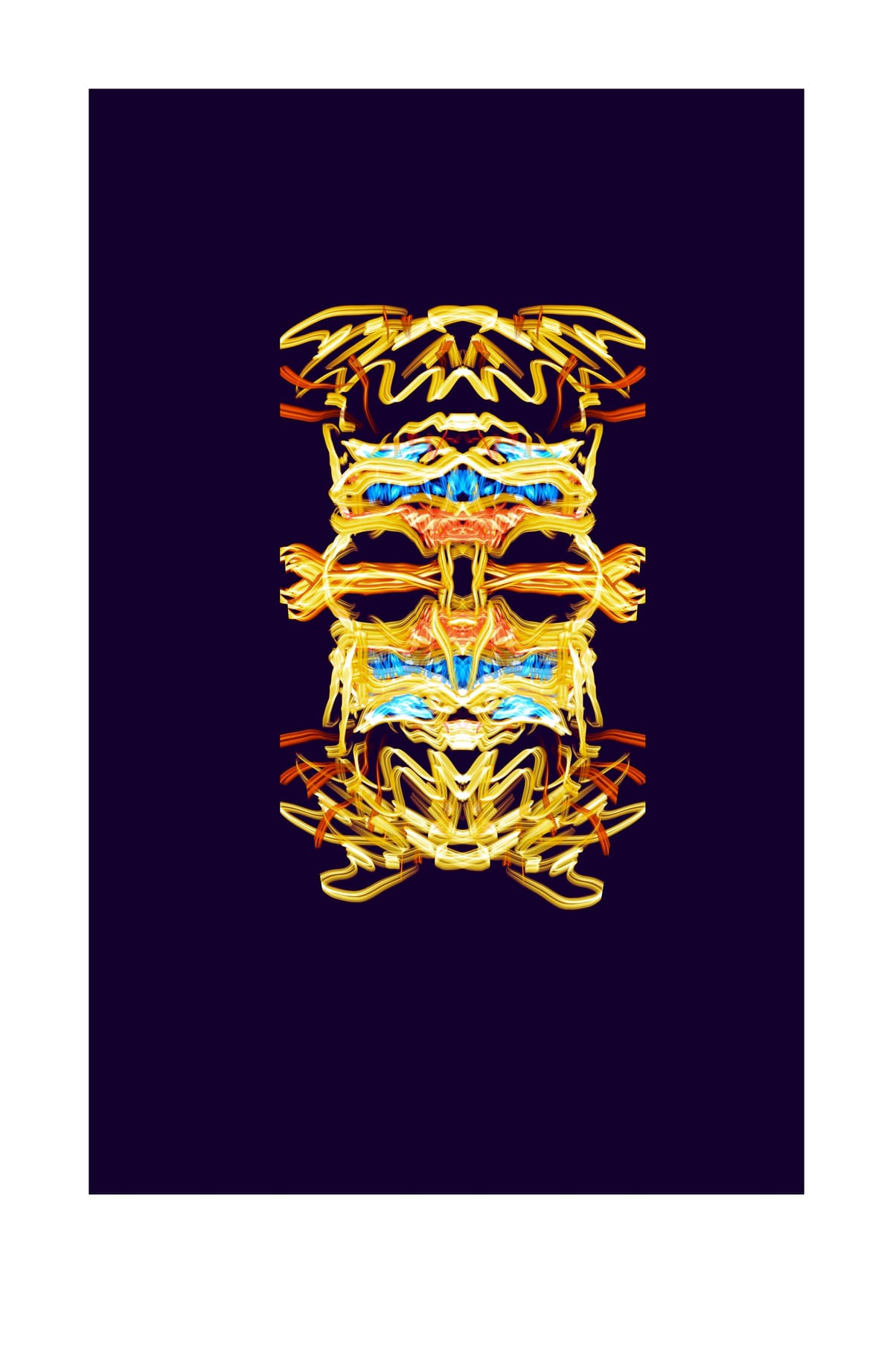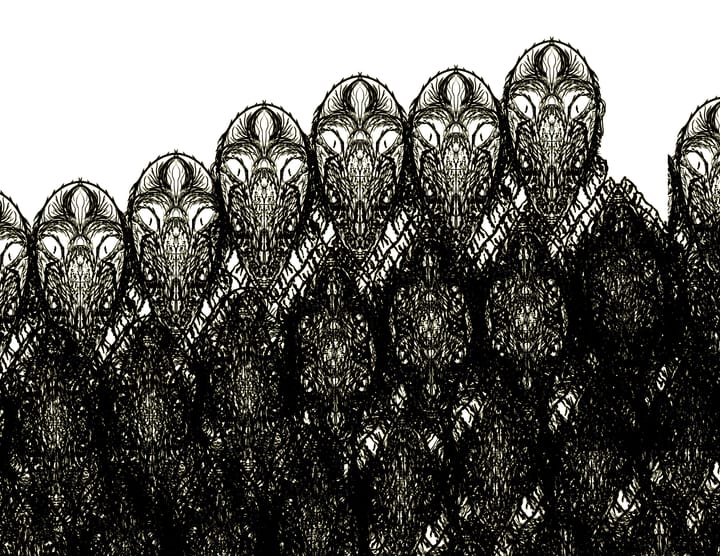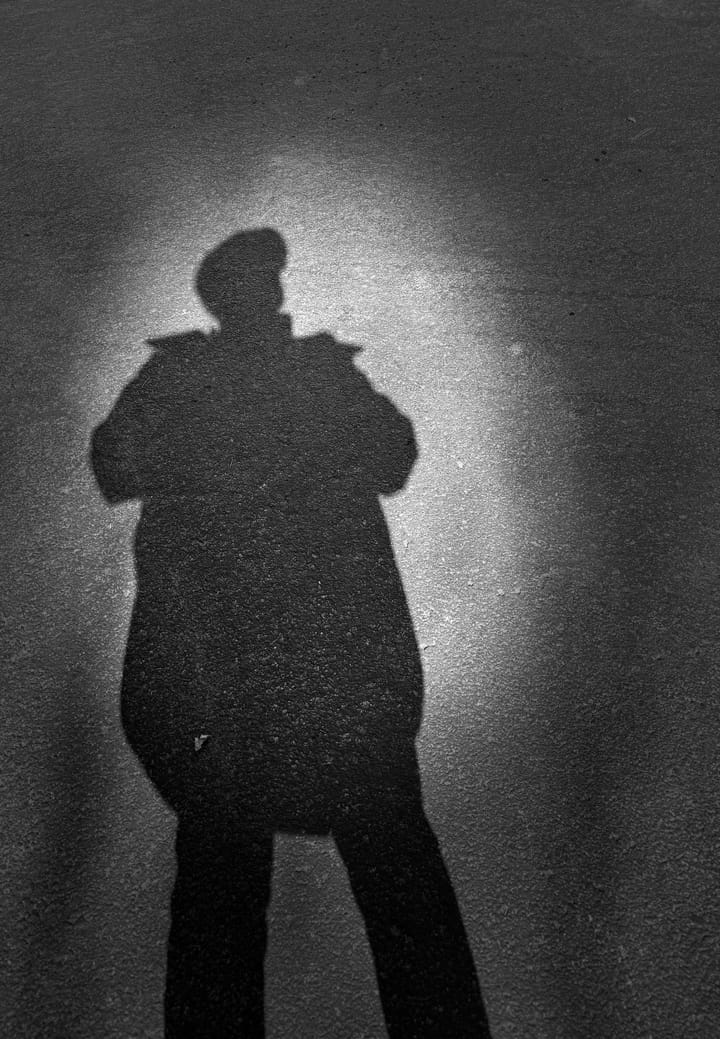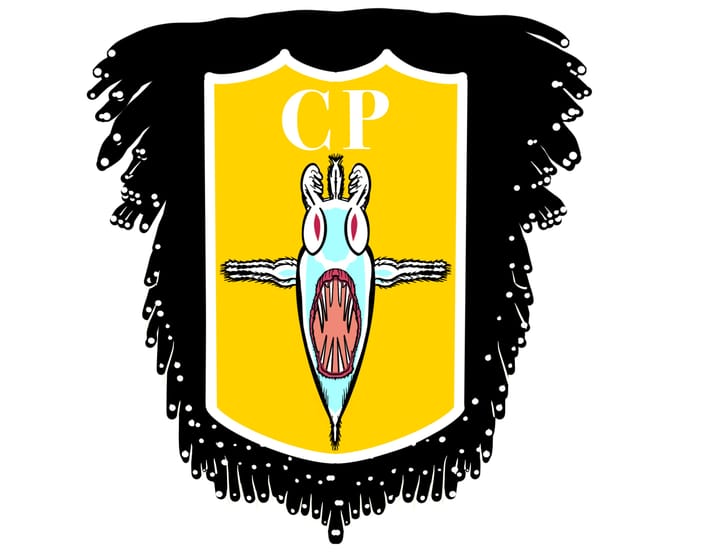Severin’s Sickness unto Death

Severin sat in the same seat at the same bar every day for countless hours. He did this for over 17 years. He only stopped because one day he didn’t wake up. On the day he didn’t wake up, cirrhosis was the irrelevant protagonist.
Severin, like many drunks, considered himself a grand philosopher. It was a distinction that only he considered about himself. Most others were more apt to describe him as rather boorish.
To be sure, he couldn’t tell you one fact about any so anointed great philosophers. He knew nothing of Foucault. Or Sartre. Or Nietzsche. Or Arendt. As far as matters of Severin are concerned, those philosophers are irrelevant. He only barely knew Kierkegaard. And of Kierkegaard’s works, he basically knew only some small portion of thoughts that pertained to the phrase “Sickness unto Death”.
He only knew of the phrase “Sickness unto Death” after an actual, young, doctorate of philosophy had taken a seat next to him years prior. Like all others before and after, Severin shared with the young doctor the same series of stories he told to everyone who sat next to him.
With each retelling Severin would bound forward and regale without prejudice to whomever his audience happened to be. He would do so with the same overly exuberant enthusiasm he had with each prior retelling of his elaborate soliloquy. Reliably delivering the same content like a syndicated popular sitcom from years long past. His dogged insistence of doing so meant the same person rarely sat next to Severin repeatedly. Unless they were quite intoxicated or entirely lacked alternative seating options.
The stories were generally cliche and entirely without importance to anyone other than Severin. The stories were truncated chapters of an expectedly drunkenly embellished biography of his younger triumphs and defeats.
The young doctor who sat nexts to Severin the particular day in question drank highballs, a cocktail Severin associated with his grandfather. The young doctor was likely entertained by Severin’s colorful personality and authentic drunken air. It probably didn’t hurt that Severin possessed an ancient appearance and had a distinct, crater pocked, weather beaten face that further embellished his personality. Regardless of his often boorish rhetoric, he was entirely memorable. His gravelly whiskey and cigarette tarnished voice was genuinely captivating regardless of the content that spewed forth from it.
Amongst the many other stories he shared that night, Severin shared lamentations from his ultimately futile efforts to live a purely vegan lifestyle. He underscored that he arrived at this conclusion through countless repeated efforts that, as such, provided him ample empirical data points. In short, he expressed that though he had many successes at improving his vegan lifestyle, he had also shown he had demonstrable failed to be pure vegan for decades.
He had concluded several years prior that he would never reach a state in which he would have neither an explicit or implicit role in the continued slaughter or exploitation of all animals. Regrettably, he cried after taking another strong pull from his drink, “in every turn, despite repeatedly modifying my poor behavior to do better, I always always unearth some new role I am unknowingly playing that lends itself to the inevitable demise of some poor creature on this speck we call Earth. It pains me so! Why just the other day a person sitting in that very chair informed me the Mezcal I was drinking was tarnishing the drinking water and ecosystem from the very location from which it was derived, leaving a death spree of countless small critters in its wake. Now I know. No more Mezcal! But what next? This bourbon? How too is it a death trap for some small harmless band of weevil!?”
He exclaimed that while he had sworn to protect all living creatures by not feasting on them as a fine dining experience, nor subjugating them to his whims in the forms of belts with fine patinas, nor by using bees as sweatshop labor for decadent deserts, nor by riding in cars so as to subject them to going splat against the windshield, etc, that he was perpetually and ultimately brick walled and trapped in his own circle of self preservation. That preservation which was confoundedly rooted in the very predatory nature all living things yet fundamentally most insidious in the bipedal species that could subjugate, at will, all other creatures trapped in this precious biosphere. A species to which he belonged. A species, coincidentally, tortured by its own insidious consciousness.
A human such as himself, though well intended, required that farmers smite the cannabis aphid for his hemp filled clothing. It required the oryctolgus cuniculus be severely brought to heal so that he may have abundant supplies of prized vegetables such as butter leaf lettuce. And lord, the horrors when he ran in other directions. He demanded “do not get me started on petrochemicals, lithium batteries, solar panels, wind turbines and all other well intended shops of horrors!”
The long of it, he concluded that he was sadly always to remain part of the human predatory collective lest he perish without that which permitted his very survival. He could no more divorce himself from humanity than a bird could shed its wings and become a snake. While he may not be guilty of homicide against his fellow species, he was nonetheless a repeat offender of the manslaughter of them. Guilt by association for all of humanities unspeakable crimes. Forever on death row for repeated grave crimes.
At the end of which he then, predictably, exclaimed “Can any of us be truly vegan? No! We are all damned by which ever gods we choose to be unable to obtain the lofty heights upon which they demand we submit!”
He paused. And then said emphatically “As such I entirely loathe myself!
To which the young doctor broke his monastic silence and enthusiastically exclaimed “You suffer Sickness unto Death!”
Generally Severin would have stampeded over any utterance from his audience without missing a beat and moved onward to his next chapter, which happened to be “the absurdity of political science as a science… as such”. But something about the phrase the young doctor had uttered struck Severin as brilliant condiments to add to his word salad approach. And well, he loved the idea of sickness as well as a death being an infliction that he personally suffered. So rather than stampede over the young Doctor’s statement, he instead asked “Sickness unto Death?”
To which the Doctor, blushing slightly given his unintended feeling of communal exuberance granted to him by the liquid courage the highballs provisioned him said “Yes! Sickness unto Death!” At which point the conversation took a unexpected turn for a few moments. Severin demanded “Explain! What is the sickness of which you speak from which I apparently heartily suffer?”
And so the young doctor provided Severin a 101, so to speak, on Kierkegaard’s Sickness unto Death. And though Severin viciously disregarded the christian orthodoxy imbedded under Kierkegaard’s works, as he was an expressively a devout “not christian”, he nonetheless found that many of the elements of Kierkegaards’ line of thought ran true to Severin’s own thoughts of his own condition. So much so that he felt a brief, momentary joy from having a clinical diagnosis of said condition. “Finally! A name for that from which I suffer!” He exclaimed. For an even shorter moment he felt less alone knowing that many others felt the same burden of expectations from the impossibility of being able to achieve a life that would forever distantly fail to reach the lofty goals set for himself.
Severin understood the despair Kierkegaard implied with respect to living Sickness unto Death. He knew of the impossibility of living without sin. Not sin as defined by jargon professed by parochial society. But rather sin as in the innate sense he had of right and wrong. An innate sense that Severin felt as natural to him as a migratory bird would feel about using celestial cues to migrate northward. And he understood the despair arose from his inability to live purely in the right much in the same manner that a bluebird futilely attempting to five bomb a human determined to hack down the tree in which they have nested.
Mostly, Severin loved that he could adeptly tie his self loathing with a nice turn of phrase that underscored a lifelong sense of illness which punctuated itself only the cessation of life.
Yet time marched forward, the moment passed, and onward Severin bounded into his next story. The doctor patiently listened until he felt he would rather move onward himself. He paid for Severin’s drink and Severin thanked him heartily. And then he turned his body to the seat on the other side of him and began his tales once again. This time to a young couple in an awkward first date that actually married a few years later. Years later, as they would tell the story of their first date they would always reference the crazy old man with the wild stories about his misguided youth.
But the story Severin shared now included a new take on his failures of his vegan lifestyle as it took an additional detour through Severin’s mostly bastardized version of Kierkegaard’s philosophy of Sickness unto Death. And he included that reference in every countless retelling of his stories. In all other ways he continued usual, sitting in the same chair, drinking, and suffering from sickness unto death until the one day when he didn’t wake up. Who knows where he is now? We can only hope Severin no longer despairs.



Comments ()